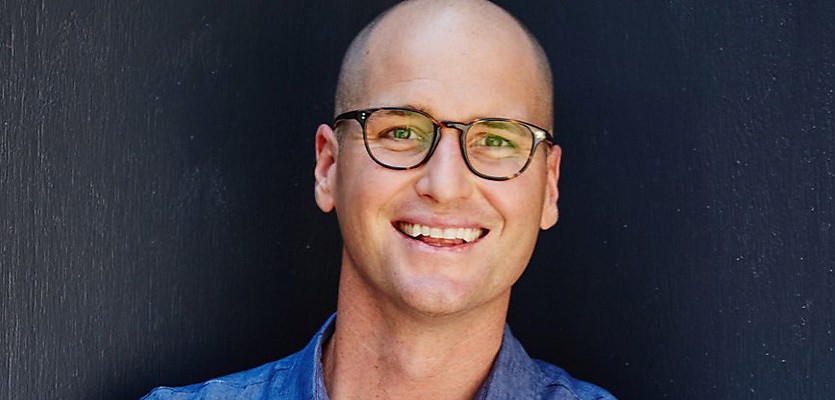When an organisation is doing relatively well, it’s easy to slip into a comfort zone, nestling into the status quo, as business chugs along nicely.
But businesses that become too comfortable, whose employees become too complacent, are often businesses that fail to adapt to market disruptions and all too often find themselves treading water, rather than riding the next big wave.
In a sector as volatile as real estate, adaptability is key, but achieving it is much easier said than done.
Michael McQueen, a trend forecaster and multi-award-winning speaker, who is presenting at this year’s REIQ Summit, says while it has been a difficult past 12 to 18 months in real estate, “crisis is a terrible thing to waste”.
“When times get a bit lean and a bit challenging, that’s the time to start asking the hard questions about the structure of your business, the culture you’ve got in your office and the people you’ve got in your team,” Mr McQueen says.
“That way you can be geared up and ready for the next boom, for when things recover.”
According to Mr McQueen, complacency is one of the most limiting business traps to fall into.
In fact, he says it’s important to foster what he calls “healthy paranoia”.
“Healthy paranoia is that sense that you’ve got a target painted on your back — that your competitors are out to get you, and that disruption is happening all around you,” he says.
“The beauty of healthy paranoia is that it spurs you on.”
In order to always be adaptable to change, Mr McQueen encourages business leaders to have two things: hunger and humility.
“You’ve got to be humble enough to realise that what worked in the past may not work in the future, and that you always need to learn, and grow, and change,” he says.
“But hunger as well to always be asking ‘what’s the next thing, what’s the next stretch, what’s the next challenge?’
“Healthy paranoia, if handled well, is a great answer to complacency and arrogance, and it leads to that blend of hunger and humility which is so important.”
He talks about the importance of digging your well before you get thirsty, so while adaptability is key, it doesn’t come naturally — you need to set yourself up to be able to adapt to future changes.
“Don’t wait until change or opportunity hits — now is the time for smart principals to start gearing up for some of the things that will happen in the next few years,” he says.
Aside from an ever-changing property market, one of the most disruptive aspects of real estate in recent years has been the advent of new technologies designed to work within the real estate sector, otherwise known as property technology, or simply proptech.
From CRMs to online application forms, proptech has already dramatically changed the real estate sector, but more innovations are popping up all the time.
In an effort to not be left behind, principals may find themselves making the mistake of jumping onto every potential new bandwagon, only to see hundreds and thousands of dollars wasted on proptech “fads” that are never widely adopted.
This creates a metaphorical minefield for businesses to navigate when looking to bring various technologies on board in an effort to stay ahead of the curve.
“You can never, ever predict what’s going to last and what won’t,” Mr McQueen says.
“It’s hard to discern what the next greatest thing is, so you’ve got to go with your gut a little bit while asking, ‘Which of these things enhances the human side of what we do in real estate?’”
As technology continues to consume so much of everyday business, the human interaction side of operations becomes increasingly important.
If every agency is using the same technology, then the human side becomes the only competitive point of difference.
“The reality is, for good agents, tech will never be a true competitor, because what sets apart really good agents is the human stuff, particularly the importance of trust, creativity, empathy and intuition,” he says.
“Those uniquely human traits that technology just cannot take over, and won’t any time soon.”
Technology that can streamline your work, remove overhead or increase efficiency should all be embraced, but as Mr McQueen says, any technology that seeks to remove the people aspect of the business should be carefully scrutinised.
Swapping out genuine interaction — an aspect of your business that fosters trust and brand loyalty — for technology can result in giving away your point of difference to your competitors.
Michael McQueen is just one of the renowned speakers headlining the 2020 REIQ Summit, which will be held at the Royal International Convention Centre in Bowen Hills on 12 and 13 March.









You are not authorised to post comments.
Comments will undergo moderation before they get published.